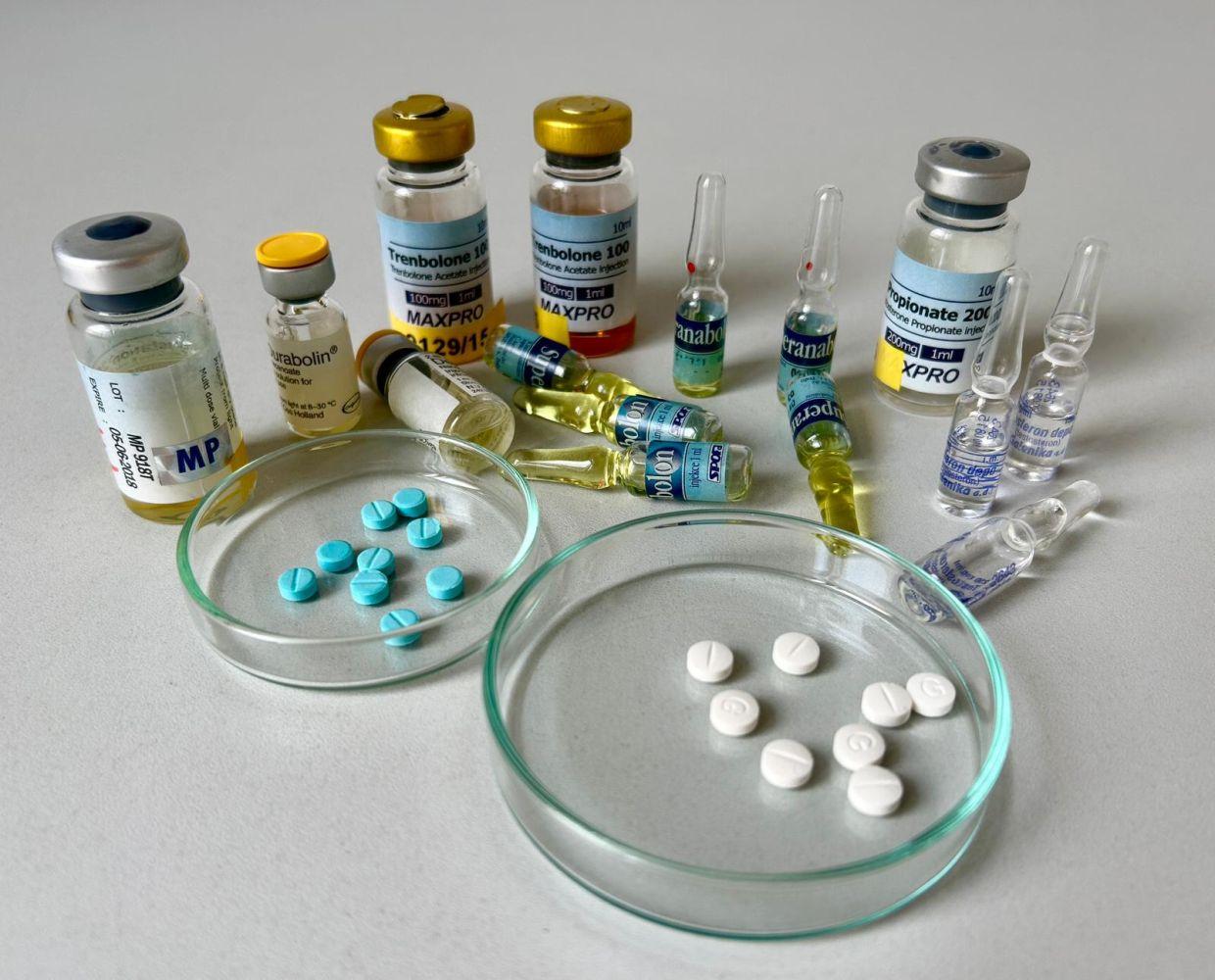
Counterfeit drugs, the market for illegal hormones, and research with direct real-world impact: a team from UCT Prague’s Forensic Laboratory of Biologically Active Substances helps protect public health
Research with useful outcomes even while grant is in process
Pharmacrime – forensic identification of prohormones and counterfeit medicine (Czech security research grant VJ01010043) is a project led by UCT Prague Associate Professor Martin Kuchař. His team, together with the Police of the Czech Republic’s Institute of Criminalistics and the Customs Administration of the Czech Republic’s Technical Laboratory, constitute the core of a now-functional network of institutions working together in the fight against increasingly sophisticated counterfeit drugs.
Pharmacrime is not only an academic exercise; outputs from the grant are being put into real-world use even while the research project is officially still in process.
It’s not only about counterfeit drugs
The project is focused not only on known counterfeits of well-known drugs, but also explores products that are not officially registered for consumption in the Czech Republic but which are still available for purchase such as “miracle” remedies for weight loss, for improving erections, or for increasing muscle mass. These often contain selective androgen receptor modulators (SARMs), peptide hormones, or products such as Ozempic or Wegovy that are massively abused worldwide.
“The prevalence of use of these substances is higher today than with well-known drugs; for example, in the US, 10-13% of the population uses them,” Martin Kuchař said.
What specifically did UCT Prague’s research team do?
· They monitored the market, including darknet marketplaces, from where they obtained real samples of suspicious substances.
· They obtained and analysed new substances that have not yet been fully described in terms of forensic practice.
· They developed certified analytical methodologies for detecting substances such as enobosarm, ligandrol, and growth hormones (GHRP, GHS).
· They developed a rapid immunochemical test (ELISA) for detecting growth hormones in illegal “products” with the potential for real-world use by the Czech Police and Customs Administration.
· They participated in drafting an amendment to Czech Government Regulation No. 454/2009 Coll., entering into force on 1 July 2025. It will increase the list of regulated hormonal substances by more than ten new substances.
A collaborative effort that will endure
In addition to this, the grant also has another fundamental benefit: it connected institutions that previously worked on their own: the Institute of Criminalistics, the Czech Institute for State Control of Veterinary Biologicals and Medicines (ÚSKVBL), the Czech Anti-Doping Committee (CADC), the Customs Administration, and relevant academic institutions, as well as pharmaceutical industry representatives. Thanks to joint workshops, a collaborative network of experts was created and they now communicate effectively with one another.
Commercial potential
In addition to scientific outputs and methodologies, the project has commercial potential: forensic institutions have already shown interest in the immunochemical test for growth hormone developed as part of the grant by Assoc. Prof. Barbora Holubová’s laboratory.
“I am very happy about this project. We not only have final results, but it also has real-world impact. This is exactly what applied research should be about,” Assoc. Prof. Kuchař said.







